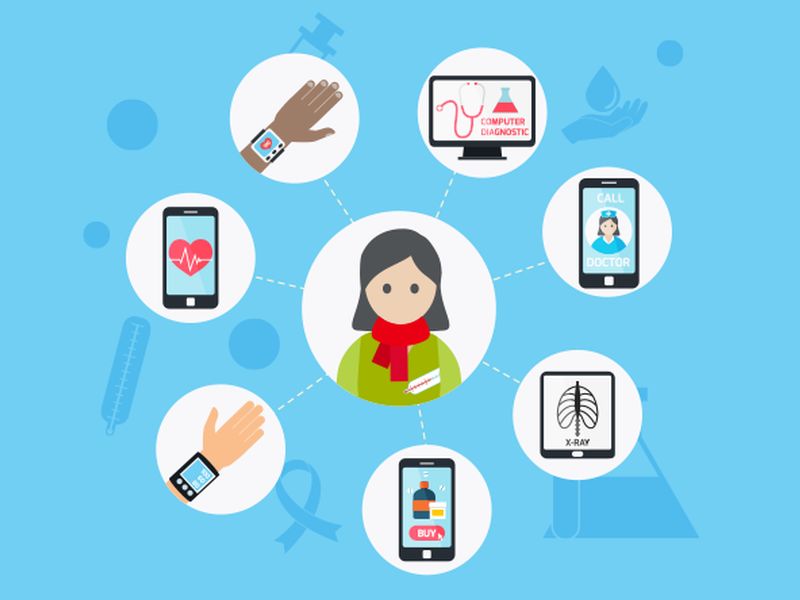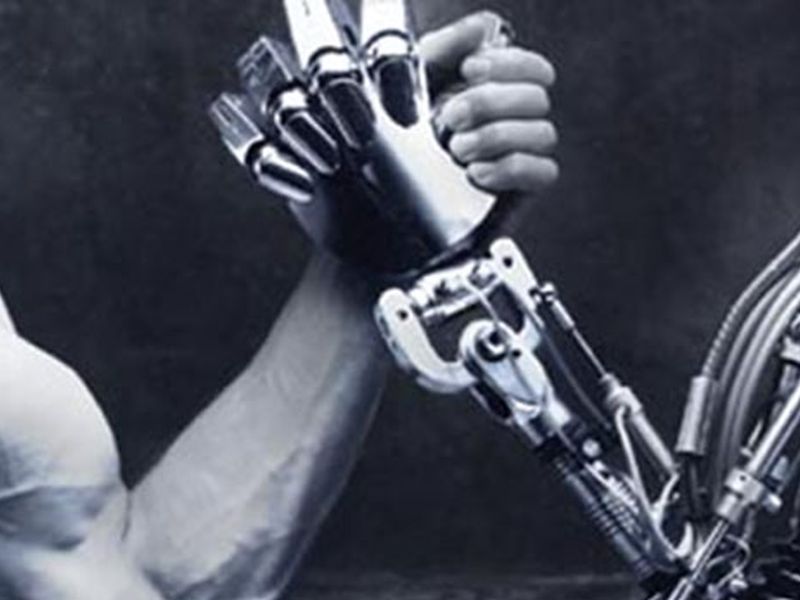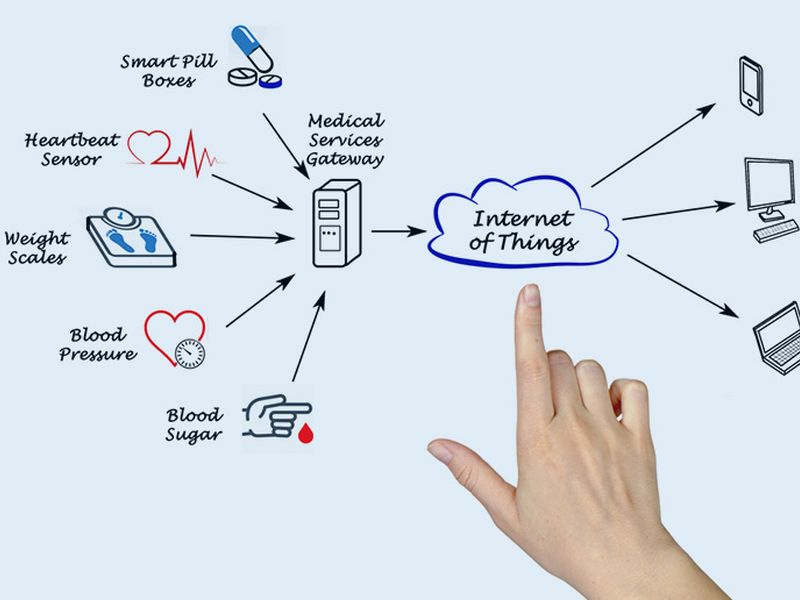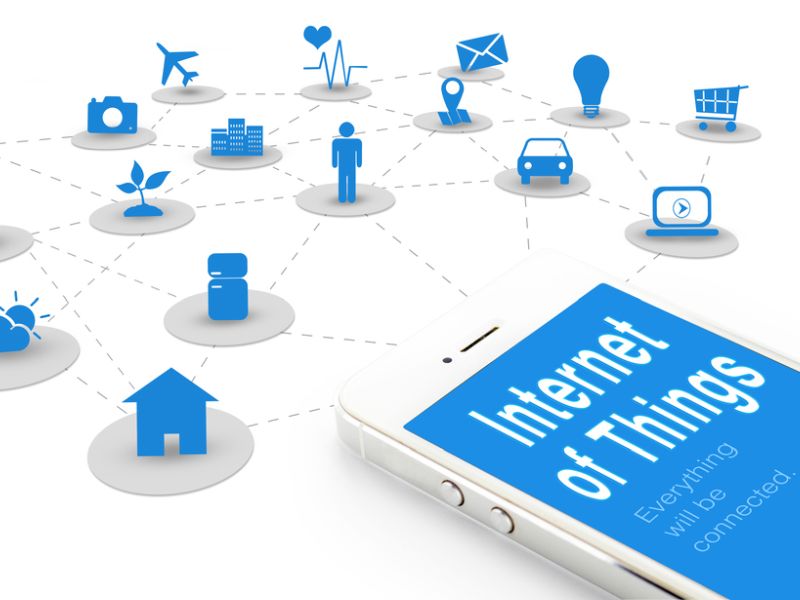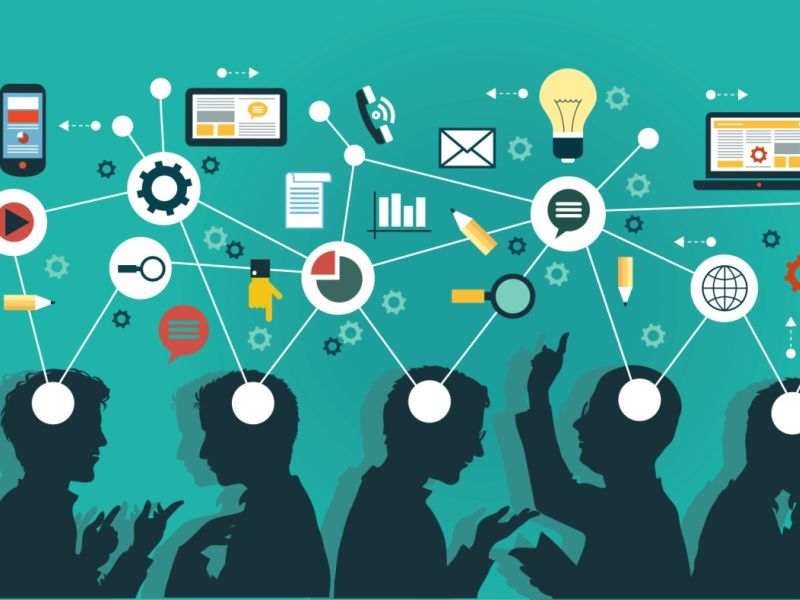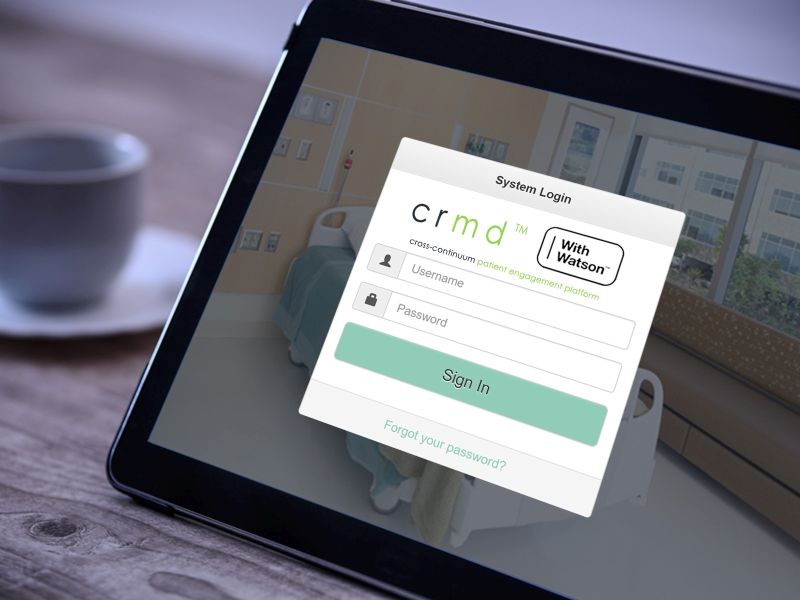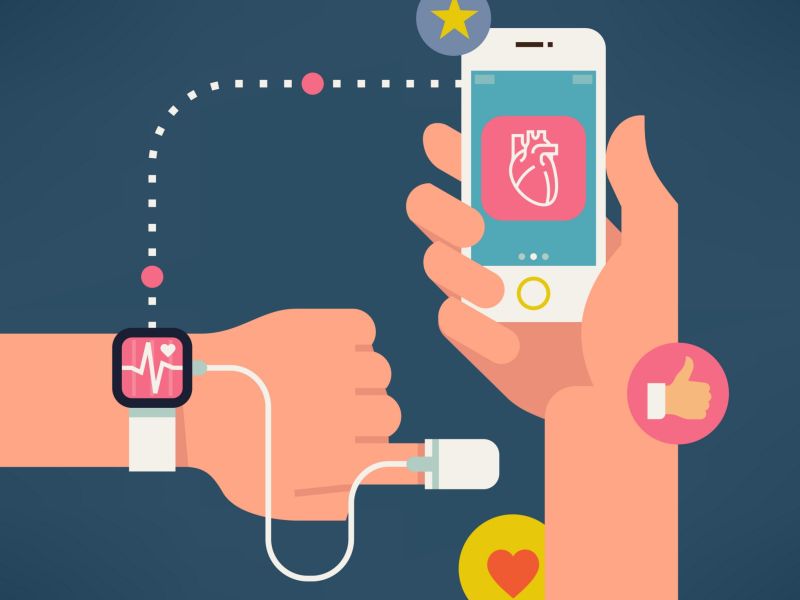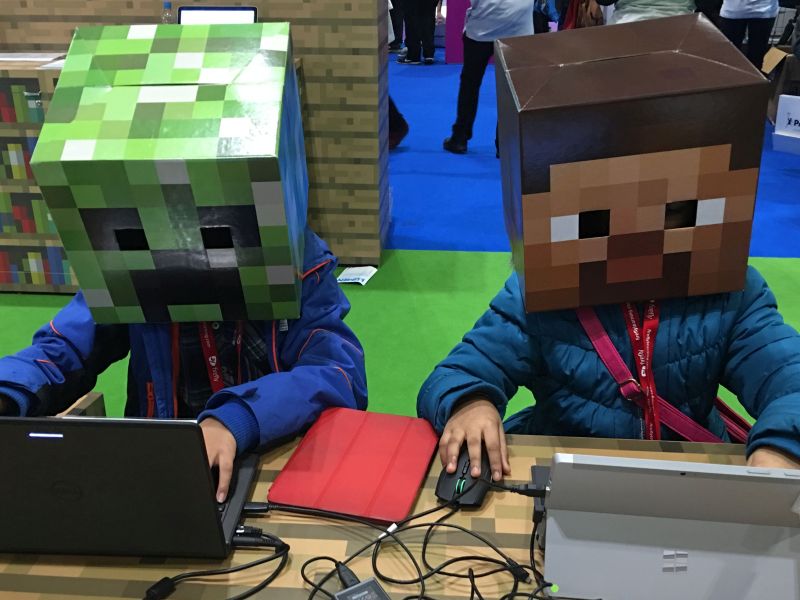In our IoT (internet of things series) we have defined IOT in healthcare as internet connected devices which include: TVs, wearables, mHealth applications, home monitoring devices, implants, mobile/tablet devices and skin sensors. In part two of our IOT series, we examined barriers to adoption and benefits to healthcare organizations. In part three of our IOT … Read More
Artificial Intelligence, Cognitive Computing and Machine Learning
The Human Element: Augmented Intelligence VS Artificial Intelligence
Many of the movies we watched in the 80’s and 90’s painted this post-apocalyptic picture of the machines rising up and taking over for their human counterparts. Did you know that long before Arnold became the Terminator that artificial intelligence (AI) was being theorized as a way to use data to create efficiencies. In 1950, … Read More
You Down with IoT? Part III
In our first installment of You Down with IOT, we defined the internet of things (IoT) and its application in healthcare. If you are reading about IoT for the first time, IoT are internet connected devices which include: wearables, mHealth applications, home monitoring devices, implants, mobile/tablet devices and skin sensors. You Down with IOT Part … Read More
You Down with IoT? Part II
In our first installment of You Down with IOT, we defined the internet of things (IoT) and its application in healthcare. If you are reading about IoT for the first time, IoT are internet connected devices which include: wearables, mHealth applications, home monitoring devices, implants, mobile/tablet devices and skin sensors. The IoT has the power … Read More
The Rise of Cognitive Work (re)Design: Applying Cognitive tools to Knowledge-based Work by Deloitte
Driving innovation in healthcare can be challenging and is often driven by legal or regulatory reform. So, when a breakthrough in technology happens, healthcare is rarely the first to adopt that new technology. When designing technology tools for healthcare professionals and organizations, we keep this in mind and often look to other industries and the … Read More
Care Experience Live at NGPX 2017
We are excited to announce our participation at NGPX 2017 this week in San Diego, CA. Our Founder and CEO, Gautam Mahtani, will be presenting along with a panel including our COO, Kristin Bertrand, Phil Fegan, experienced CIO of leading healthcare organizations and Claudine Cangiano, Senior Director, Northwell Health. They will be presenting on Day … Read More
Moving beyond CAHPS with Cognitive Computing
Patient experience is a big initiative for many healthcare organizations, so much so that already busy clinicians are being tasked with rounding on patients based on standard and impersonalized questions sets and patients are being emailed the same. These organizations then take that data to make decisions based on those defined questions. But what if … Read More
You Down with IoT? Yeah, You Know Me
Have you heard of IoT? IoT stands for internet of things. The Internet of Things (IoT) is a system of interrelated computing devices, mechanical and digital machines, objects, animals or people that are provided with unique identifiers and the ability to transfer data over a network without requiring human-to-human or human-to-computer interaction. How does IoT affect healthcare? The internet of … Read More
Machine Learning, Minecraft and the Patient Experience
Growing up in the 80’s, I was pretty savvy with video games. Navigating Mario through a mushroom maze of minions to defeat Bowser and rescue Princess Peach was pretty straight forward. Once you got the patterns and timing down, it was pretty easy to beat the game. Fast forward thirty years later, I am lost … Read More
Artificial Intelligence for a More Human Experience
Since the inception of computers, we have been programmed that interacting with technology involved pressing buttons. In order for me to communicate with you via any kind of electronic communication media required typing on either alphabetical or numerical keys to relay that message. Then came the internet and we were programmed how to search. We … Read More

